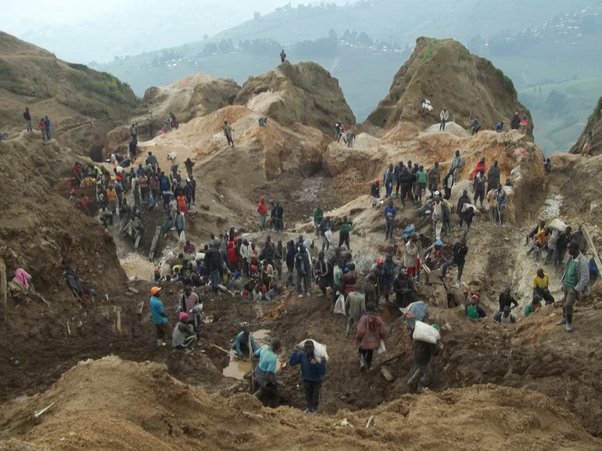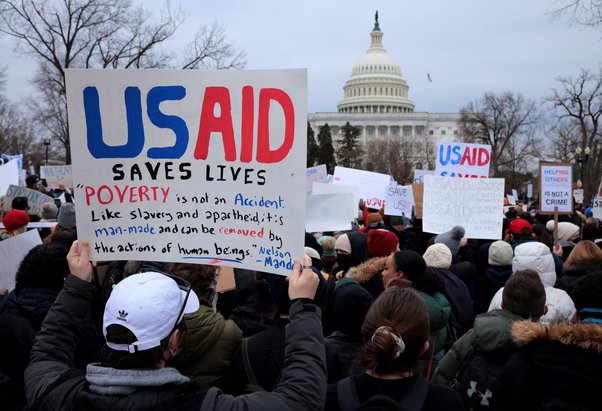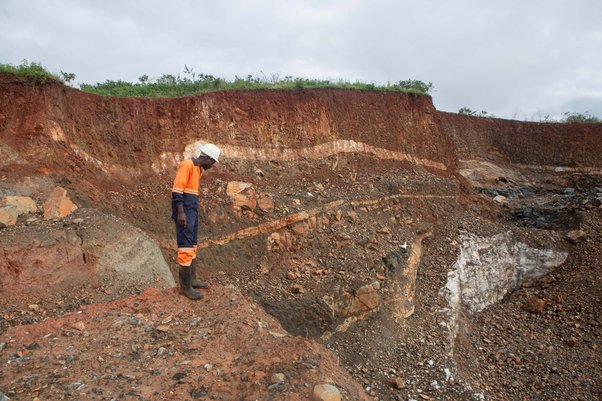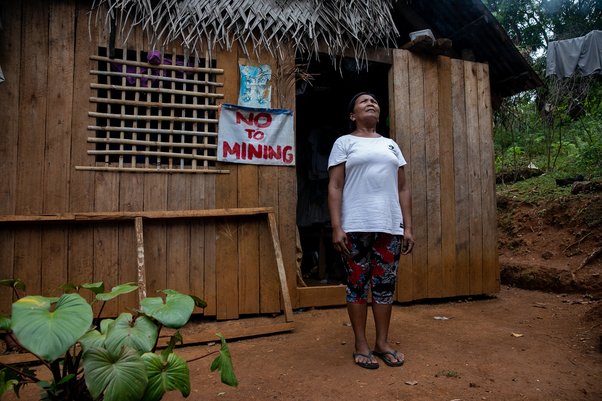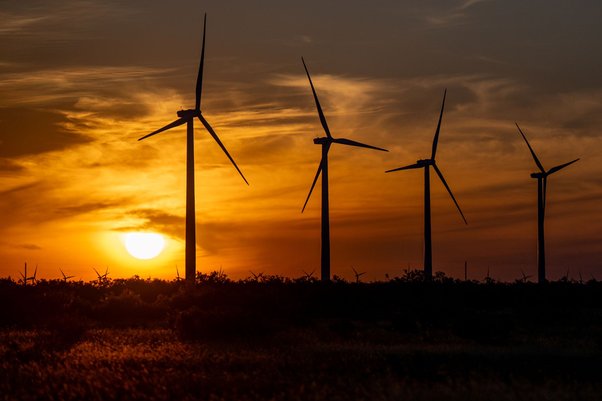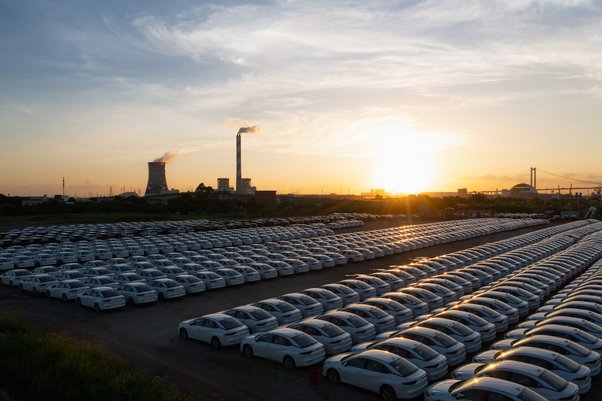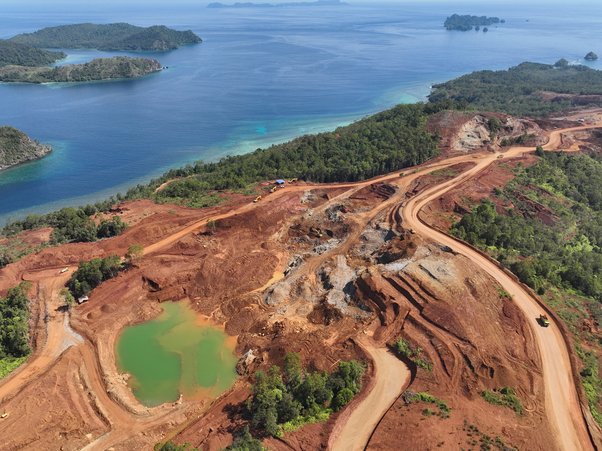
Transition Minerals
The renewable energy boom has triggered a new rush for resources, as countries race to secure their supply of transition minerals. But this push for clean technology could quickly turn dirty, unless we learn lessons from the past.
The mining industry has a long legacy of exploitation, human rights abuses and environmental destruction, with Global Witness’s own history rooted in exposing the blood diamond trade. This time, we’re calling for a just energy transition. As the global demand for transition minerals (also known as critical minerals) like lithium, cobalt and copper intensifies, we must make the switch to sustainable energy work for communities affected by mining – not at their expense.
